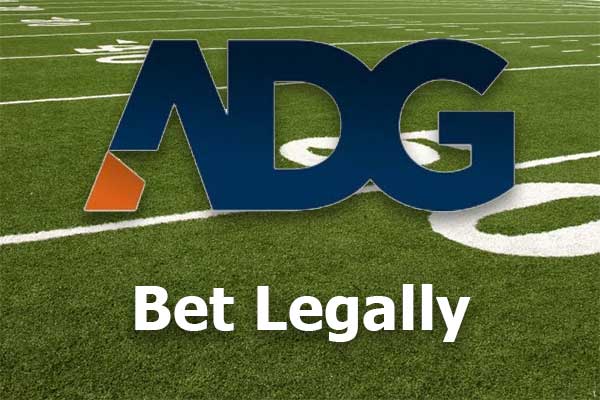PHOENIX – Later this week, the Philadelphia Eagles will be facing off against the Kansas City Chiefs in Super Bowl LVII at State Farm Stadium. While this is Arizona’s fourth time hosting the big game, this year will be historic — it is the first time a Super Bowl will be held in a state with legal sports betting.
“Betting on the Super Bowl can be a fun and exciting experience,” said Ted Vogt, ADG Director. “That said, it’s important to always gamble responsibly and within the bounds of the law. Whether you are participating in a sports pool or placing a bet with a legal sportsbook operator in the state, by following these guidelines you can ensure a safe and enjoyable Super Bowl betting experience.”
As many know, the Super Bowl is one of the most anticipated events in America, as well as one of the most popular events to wager on. Keeping this in mind, the Arizona Department of Gaming asks that if you plan on placing a bet on the big game, do so legally and responsibly.
Sports Pools – Know What Rules to Follow
In the United States, it is common to see friends and family participate in sports pools for the Super Bowl, often known as “Super Bowl Squares”. These pools are legal as long as the state’s social gambling rules are followed. According to Arizona Law [A.R.S. 13-3301(7)], social gambling requires:
- That gambling cannot be conducted as business, which means that hosts cannot receive financial benefit, unless they are participating in the game,
- Hosts pays out all pool money to the winner(s),
- Only participants can win, and
- Players compete on equal terms with each other.
A few things to be on the lookout for that indicate illegal gambling:
- Paying a fee to participate, including “suggested” or “voluntary” donations.
- A host who keeps a percentage of the pool for administering the game.
- A required minimum purchase to participate (food or beverage, etc.).
- Unequal odds.
- Underage participants (under 21 years of age).
ADG takes complaints about illegal gambling seriously. To report suspected illegal gambling activity, visit their website or call 602-255-3886. You can remain anonymous.
Responsible Betting – What to Keep in Mind
With sports betting now legal in the state, it has become increasingly important to educate yourself on how you can bet responsibly. Listed below are some helpful tips as part of the American Gaming Association’s Have A Game Plan.® Bet Responsibly.™ campaign:
Set a Budget – It is crucial to keep in mind that everyone will have different budgets; never bet beyond your own means. Be cautious and make sure you set a limit – and stick to it – if you plan on wagering. More information on how to responsibly set a budget for wagering: HERE
Know the Odds – There are plenty of key terms everyone should know when making a sports bet. What’s a parlay? Over/under? Moneyline? If you decide to wager, make sure you are briefed on the basics of sports betting.
Keep it Social – Whenever gambling, be mindful that all forms of gambling are for the purpose of
entertainment. This is not a way to make money. By gaming with friends, family, and colleagues, you can
keep playing responsibly and have fun.
Use Legal Sportsbooks – Legal operators provide important player protections that are not found in the illegal market. Whether you are placing a wager on your phone or at a physical sportsbook, make sure you are using a legal operator in the state. Visit the ADG website to view a list of the state’s approved operators and retail locations: HERE
You can view more information on how to bet responsibly by visiting haveagameplan.org
Are you or a loved one impacted by a problem with gambling? Take the next step and access the state’s 24-hour confidential helpline by calling 1-800-NEXTSTEP, texting NEXTSTEP to 53342, or by visiting problemgambling.az.gov.
About ADG
Established by the Arizona State Legislature in 1995, ADG is the state regulatory agency for tribal gaming, event wagering & fantasy sports contests, racing and pari-mutuel/simulcast wagering, and unarmed combat sports. ADG also provides and supports education, prevention and treatment programs for people and families affected by problem gambling through its Division of Problem Gambling and 24-hour confidential helpline, 1-800-NEXT-STEP









